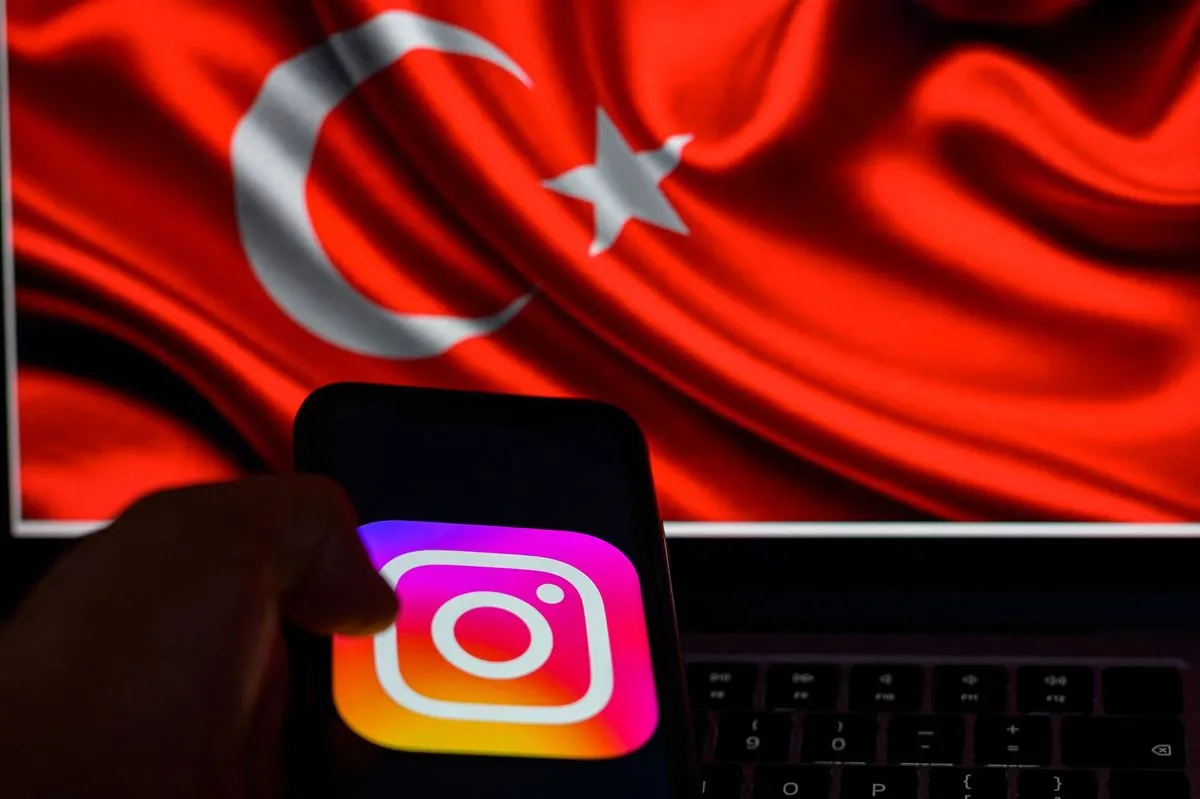Turkey Lifts Instagram Ban After Compliance Negotiations
Turkey restored Instagram access after a week-long ban, following negotiations on content moderation and legal compliance. The platform's significance in Turkey's digital economy highlighted.

Turkey has reinstated access to Instagram, ending a week-long nationwide ban. The Information and Communication Technologies Authority had blocked the platform on August 2, 2024, citing non-compliance with Turkish laws.
Abdulkadir Uraloglu, Turkey's transportation and infrastructure minister, announced the resolution on the social media platform X. He stated that Instagram officials had agreed to meet Turkish requests, particularly regarding criminal activity and user censorship.
"In our talks with Instagram officials, we were assured our requests would be met, especially those regarding criminal activity, and given a promise that we would work together on a means of censoring users."
The minister elaborated that Instagram committed to swift intervention in cases of law violations. A key focus of the agreement was the removal of content associated with organizations deemed "terrorist" by Turkish authorities, including the PKK, PYD, and FETO.

Turkey's stance on these groups stems from complex historical and political factors. The PKK has been engaged in a conflict with Turkey since 1984, seeking autonomy in the southeastern region. The PYD, a Syrian Kurdish political organization, is viewed by Turkish officials as an extension of the PKK. FETO, led by Fethullah Gulen, is accused of orchestrating the failed coup attempt in 2016.
Instagram's significance in Turkey is substantial, with over 57 million users in a population of 85 million. This high adoption rate reflects Turkey's young demographic, with a median age of 32.2 years, and an internet penetration rate of approximately 82%.
The platform's economic impact is equally noteworthy. The Electronic Commerce Operators' Association estimates that Instagram and similar platforms generate about 930 million Turkish lira ($27 million) in daily e-commerce activity. This figure underscores the rapid growth of e-commerce in Turkey, which saw a 66% increase in 2020 alone.
Turkey's actions regarding social media platforms are part of a broader pattern of internet regulation. The country has implemented strict internet censorship laws since 2007 and ranks 149th out of 180 countries in the 2023 World Press Freedom Index. These measures reflect the government's efforts to control online content and communications.
The resolution of the Instagram ban highlights the ongoing negotiations between global tech platforms and national governments over content moderation and legal compliance. As Turkey, the world's 18th largest economy by nominal GDP, continues to navigate its position as a transcontinental nation straddling Europe and Asia, such digital policy decisions will likely remain crucial in shaping its economic and social landscape.


































